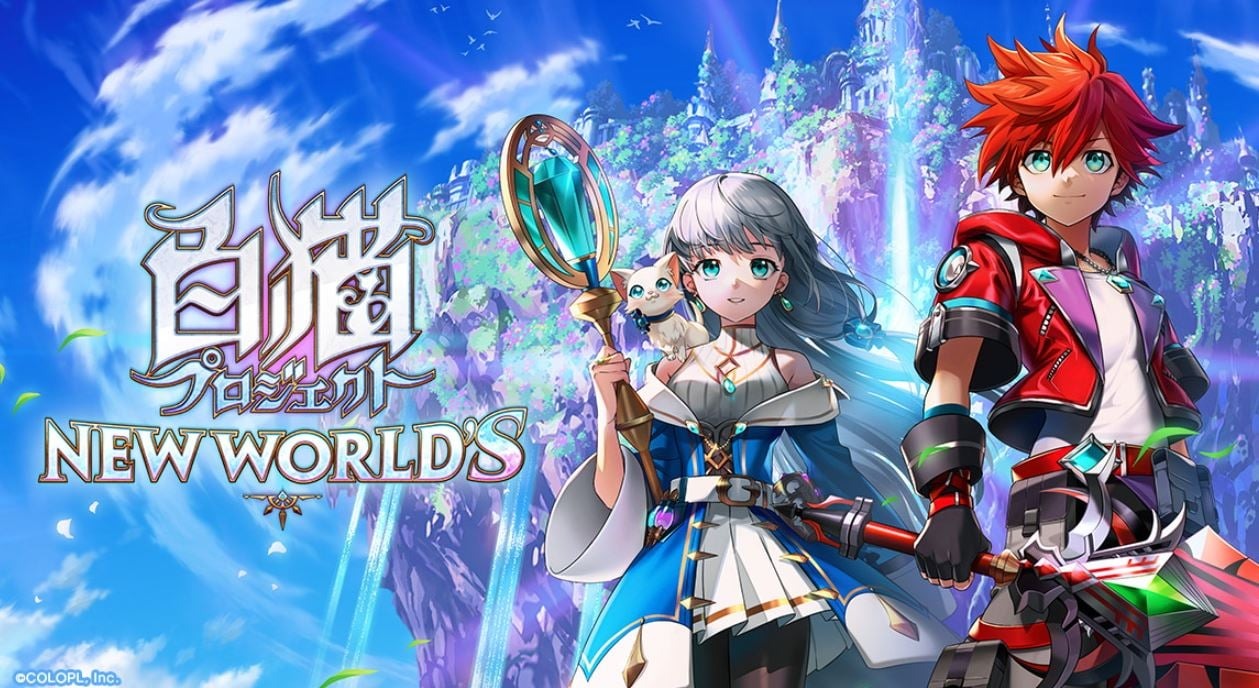Generative AI Becomes Core Tool for Major and Indie Japanese Studios
Popular Now
 Free Fire Max
Free Fire Max
 League of Legends
League of Legends
 FIFA 23
FIFA 23
 PUBG Mobile
PUBG Mobile
 Valorant
Valorant
 Fortnite
Fortnite
 Schedule I
Schedule I
 Grand Theft Auto V
Grand Theft Auto V
 EA SPORT FC 25
EA SPORT FC 25
 R.E.P.O
R.E.P.O  The Japanese video game industry has reached a significant inflection point, with a recent survey indicating that over half of the nation’s game companies are now actively using Generative AI in their development workflows. This widespread adoption, which includes major publishers like Capcom, Square Enix, and Sega, signifies a rapid shift in production methods, prioritizing speed and efficiency across creative and technical pipelines.
The Japanese video game industry has reached a significant inflection point, with a recent survey indicating that over half of the nation’s game companies are now actively using Generative AI in their development workflows. This widespread adoption, which includes major publishers like Capcom, Square Enix, and Sega, signifies a rapid shift in production methods, prioritizing speed and efficiency across creative and technical pipelines.
According to the 2025 CESA Video Game Industry Report, conducted by the Computer Entertainment Supplier’s Association, 51% of surveyed Japanese game companies reported using Generative AI in some capacity. This number crosses a major threshold, signaling that AI is moving from an experimental technology to a core production tool within one of the world’s most influential gaming markets. The trend mirrors global movements, with many in the industry betting that AI is essential for managing rising development costs and accelerating content creation.
Key Areas of AI Implementation
The survey data offers a clear picture of where Japanese studios are focusing their AI efforts. The adoption is primarily centered on content generation and programming support, aiming to alleviate bottlenecks in traditional development cycles.
- Visual Assets and Images: The most common use of Generative AI is for the creation of visual assets, including concept art, character images, and background assets. Companies like Level-5 have openly discussed using tools like Stable Diffusion for visual upscaling, generating reference images for artists, and creating in-game backgrounds, allowing human artists to focus on high-level creative direction rather than repetitive detailing.
- Story and Text Generation: A significant portion of developers are utilizing AI for narrative support, including generating in-game dialogue and storylines. This is a powerful tool for quickly populating massive open-world games with unique text or for prototyping different narrative branches at speed.
- Programming and Engine Development: The technical side is also seeing deep integration. Studios are using AI for programming assistance (e.g., code generation and scripting support). Most notably, 32% of the surveyed companies are leveraging AI to help develop or augment their in-house game engines, signaling a long-term strategy to embed AI at the very foundation of their production pipelines.
 Industry Leaders and Noteworthy Exceptions
Industry Leaders and Noteworthy Exceptions
Several major players in the Japanese gaming space have been publicly aggressive in their AI strategies:
- Square Enix: The publisher has been vocal about its intentions, with CEO Takashi Kiryu stating the company will be “aggressive in applying AI.” This commitment highlights the financial and strategic value they place on the technology.
- Capcom: Known for franchises like Resident Evil and Monster Hunter, Capcom has been experimenting with generative AI models for tasks like prototyping background assets, which their technical director sees as a way to free up developer resources for higher quality work.
- Sega: Sega has formally established an internal Generative AI Committee to systematically integrate AI tools across its various development teams, from code generation to motion and image production.
Conversely, some industry giants have maintained a cautious stance. Nintendo, for instance, has expressed reservations, with executive Shigeru Miyamoto emphasizing the company’s desire to pursue originality that cannot be created through technology alone, citing intellectual property rights as a major concern. This divergence highlights a key ongoing debate within the industry: balancing the immense efficiency gains of AI against the ethical, copyright, and creative risks of over-reliance.
The accelerating adoption of AI in Japan underscores a global trend where developers are increasingly seeing the technology as a solution for production velocity and cost reduction, fundamentally reshaping the future of how games are made. Game development is becoming a field where AI-assisted creation is quickly becoming the norm.









 Industry Leaders and Noteworthy Exceptions
Industry Leaders and Noteworthy Exceptions